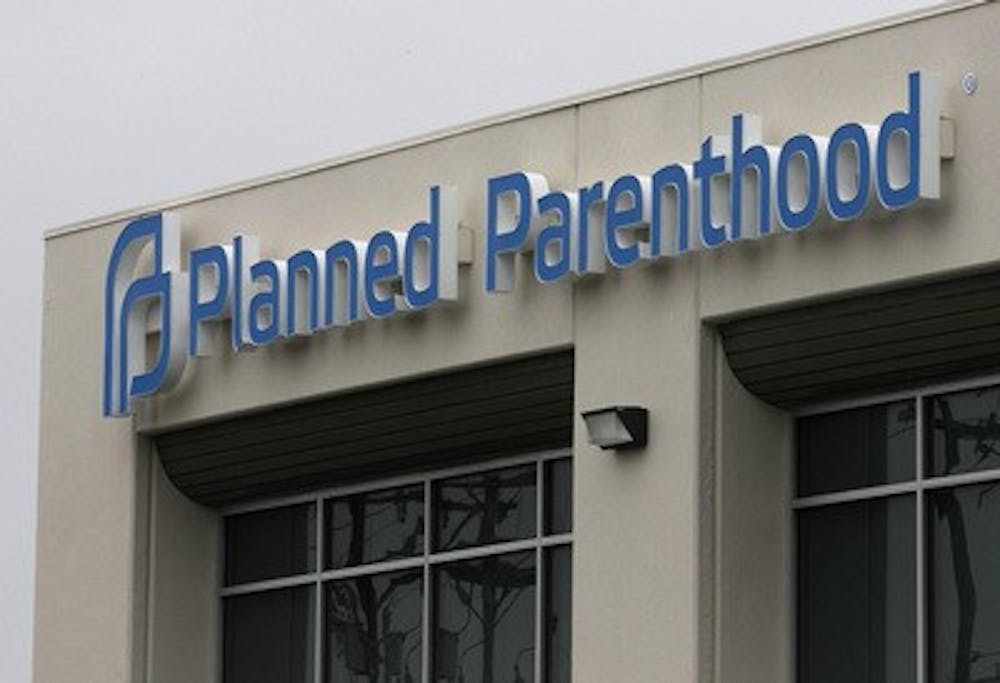A federal judge ruled Monday that North Carolina’s long-standing abortion law is unconstitutional, which negates the law outlawing abortions after 20 weeks of pregnancy except in life-threatening situations.
District Judge William Osteen said his ruling is consistent with rulings in other states like Idaho, Arizona, Utah, Arkansas and Mississippi.
With Osteen's ruling, lawmakers will have 60 days to either pass new legislation or challenge the decision.
North Carolina banned abortion outright over 100 years ago, but a 1973 state amendment legalized abortions up to 20 weeks of pregnancy. The amendment also provided an exception if there was substantial risk to the woman's life.
An additional amendment was enacted in 2016 that further defined a medical emergency that would necessitate an abortion after 20 weeks, saying a woman must face death or “substantial and irreversible physical impairment of a major bodily function, not including any psychological or emotional conditions.”
Citing the amendment's narrow definition of an emergency, a lawsuit challenging the law was brought forward in 2016 by Amy Bryant, M.D., Beverly Gray, M.D., Elizabeth Deans, M.D. and Planned Parenthood South Atlantic.
Planned Parenthood claims that 20-week abortion bans are unconstitutional and dangerous. It argues that while 99 percent of abortions occur prior to the 21st week, the most complex and dangerous situations happen in the third trimester. This means that women need every medical option available, according to Planned Parenthood.
There is also scientific debate surrounding the viability of a fetus prior to 24 weeks, which is a timeline largely set by the 1973 decision in Roe v. Wade. In his ruling, Osteen referred to another landmark abortion case, Planned Parenthood of Southeastern Pa. v. Casey.
“‘Even in the earliest stages of pregnancy, the state may enact rules and regulations designed to encourage (the mother) to choose to continue her pregnancy if those regulations do not impose an undue burden," Osteen stated. "However, a state may not ban abortions at any point prior to viability."




